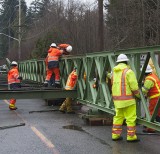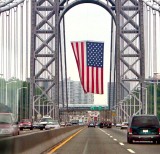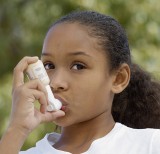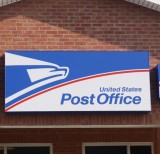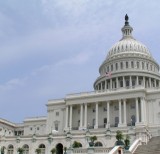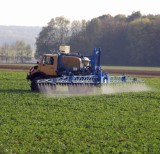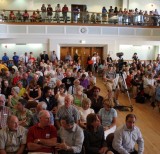
Revenue & Spending

Top 400 Taxpayers See Tax Rates Rise, But There’s More to the Story
As Americans were gathering party supplies to greet the New Year, the Internal Revenue Service released their annual report of cumulative tax data reported on the 400 tax r...
read in full
Chlorine Bleach Plants Needlessly Endanger 63 Million Americans
Chlorine bleach plants across the U.S. put millions of Americans in danger of a chlorine gas release, a substance so toxic it has been used as a chemical weapon. Greenpeace’s new repo...
read in full
U.S. Industrial Facilities Reported Fewer Toxic Releases in 2014
The Toxics Release Inventory (TRI) data for 2014 is now available. The good news: total toxic releases by reporting facilities decreased by nearly six percent from 2013 levels. Howe...
read in full
Methane Causes Climate Change. Here's How the President Plans to Cut Emissions by 40-45 Percent.
UPDATE (Jan. 22, 2016): Today, the Bureau of Land Management (BLM) released its proposed rule to reduce methane emissions...
read in full
Living in the Shadow of Danger: Poverty, Race, and Unequal Chemical Facility Hazards
People of color and people living in poverty, especially poor children of color, are significantly more likely...
read in full
A Tale of Two Retirements: One for CEOs and One for the Rest of Us
The 100 largest CEO retirement funds are worth a combined $4.9 billion, equal to the entire retirement account savings of 41 percent of American fam...
read in full
Gasping for Support: Implementation of Tougher Air Quality Standards Will Require New Funds for State Agencies
New scientific research shows that the current levels of...
read in full



